Court Denies Injunction in Competitive Keyword Ad Lawsuit–Nursing CE Central v. Colibri
Technology & Marketing Law Blog
AUGUST 30, 2023
This is a competitive keyword advertising lawsuit. The plaintiff has a trademark registration for the “Nursing CE Central” mark for providing continuing education for nurses. This is fine, but it deviates from courts’ efforts over the years to come up with multi-factor variations specific to keyword advertising.


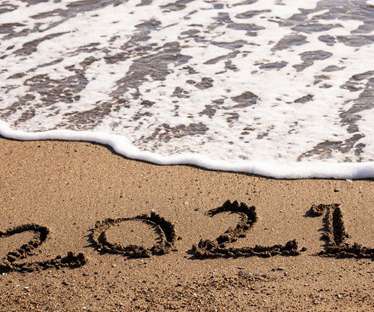
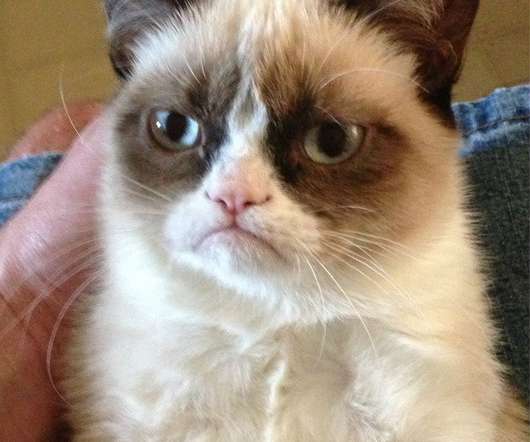
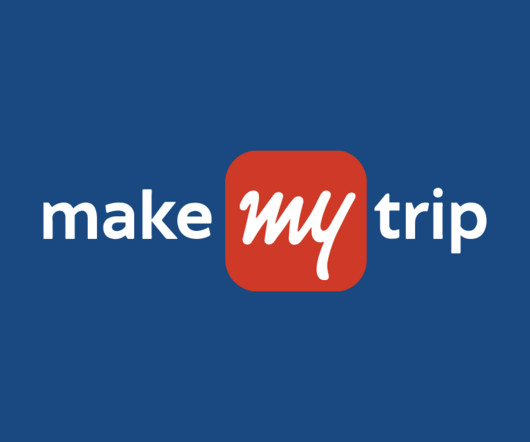
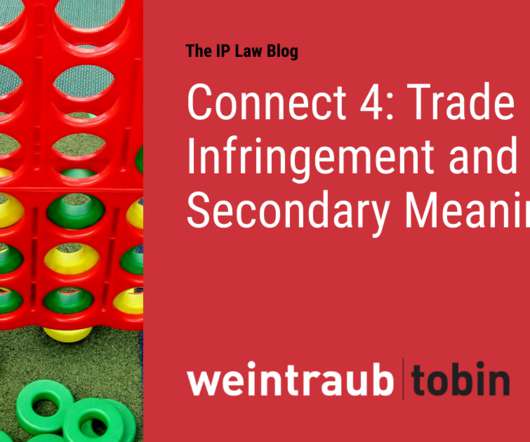
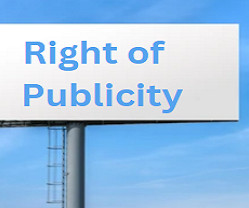






Let's personalize your content